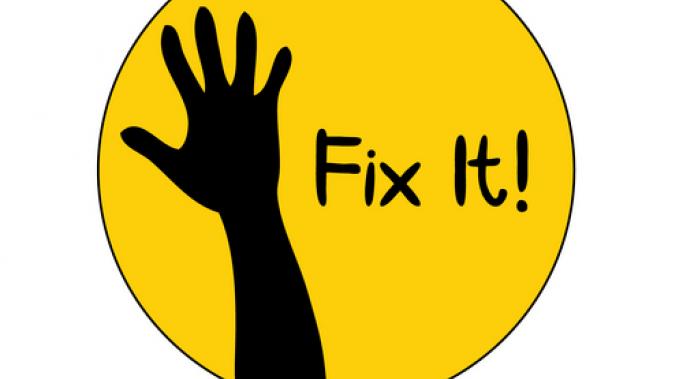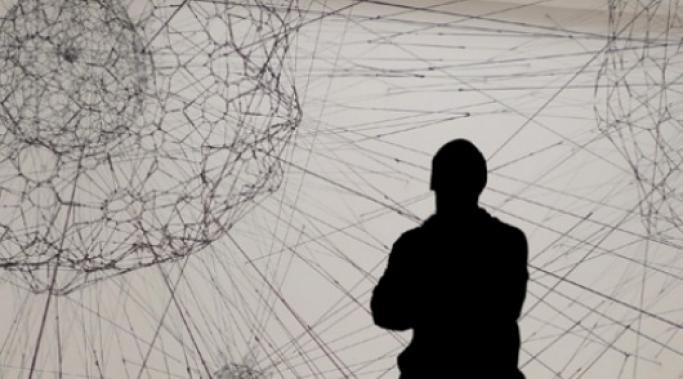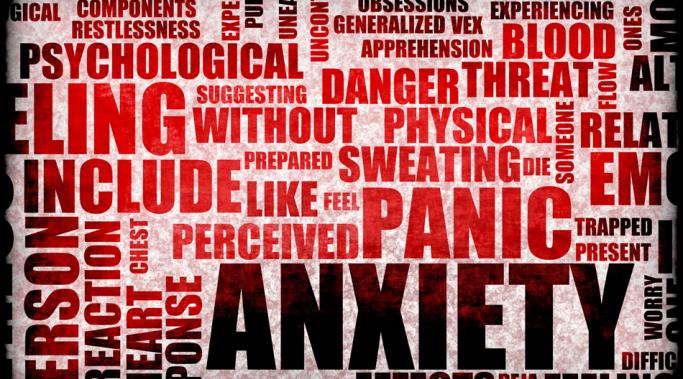Let's face it: physical illness and mental illness don't mix. Dealing with mental illness symptoms of exhaustion, tension in the body, headaches (and the list goes on and on) is difficult. Mix in the flu or virus and between the two, it can feel as though you are boxing shadows. I recently experienced this and while I feel a bit better, there are observations that I made that I hope will help others.
Recovering from Mental Illness
Are Self-Help Books, Videos The Answer?
Whether the "problem" is mental illness, low self-esteem, feeling unfulfilled or any other "malady", there is a book, problem or savior for you! Walk into your local Barnes & Noble, Half-Price Books or independent bookseller and take note of how much real estate is devoted to the self-help titles. You Can Change Your Life, The Secret, The Law of Attraction. . .the key to a happy life is contained within. Can't you hear the harps playing as you crack it open? No? Me neither.
Death and Grief are Costly
Mentally, emotionally, physically and financially, death and grief are costly. In third place behind the purchase of a home and weddings, funerals are one of the costliest purchases a family will make. The average funeral costs $7-10,000 with a casket; a cremation service typical runs $3000. Yes, death can be quite a racket.
What Fuels the High Cost of Grief
In many instances, it's guilt and a sense of doing right by the deceased. A morbid sense of "keeping up with the Jones' also takes over when death comes to call. No one wants to envision his or her loved one in a pine box, lacking flowers, lacking music, a eulogy and the niceties of a departure. Yet the realities of relationships may be far different from the warm tones of rubbed oak, hushed tones, loving remembrances and glorious notes. We do our best and wonder if it is enough - perhaps if we are enough. Guilt keeps us up at night, gives us migraines, creates waves of grief while standing in the grocery line and can interfere with our cognitive abilities.
Life doesn't halt simply because a mental illness exists, as much as I might wish the world would occasionally stop and let me off. How can you maximize the highs and offset the lows of bipolar disorder?
Poverty Mindset
Poverty mindset is a term that comes up from time-to-time as a root cause of inner-city violence, lower standardized test scores, lower IQ and many other maladies. Can poverty in childhood also lead to changes in adult cognitive abilities?
Once upon a time, a woman confident upon the stage, attended a TEDx event. The woman wove her way through the crowd to find her seat and settled in. The speakers were engaging, the topics diverse and she sat at rapt attention. At the 1st break, the woman stepped out for fresh air. Except that it wasn't fresh and there was no air. Everyone else was taking all of the air. She found herself swallowed up in the crowd and each time she re-established her personal space, the school of fish moved in again like a moving wall. She spent every break wishing for a few moments of silence. Even going outside the building brought no piece, the fish simply found another route to the "food". The woman in this story is me and the story is about social anxiety, panic and the effects of PTSD (post-traumatic stress disorder) on the ability to persevere.
Halloween and Dia De Muertos (The Day of the Dead) can be child's play. Ghosts, goblins, superheroes, Disney princesses and more bring both smiles and horror. For those with a mental illness, PTSD or panic, Halloween can conjure up very intense negative responses.
Sometimes horror flickers on the TV screen or in the movie theater, sometimes horror is found behind a mask, sometimes it comes to visit wrapped in "Trick or Treat!" Potential triggers lurk everywhere: black cats, oversized spiders, masks, horror movies and even costumes that perpetuate mental health stigma, domestic violence and much more. Ahhh, the midnight hour.
Stigma: a fallacy based on preconceived notions. I am going to go out on a limb here: Everyone at some point in his or her life has experienced stigma. Maybe because we have a lisp, a limp, maybe due to a physical impairment or maybe due to socioeconomic status. Stigma is nearly always directed at something we are unable to fully control.
Communication is challenging for many of us from time to time. For those with a mental health diagnosis and his or her support team, good communication is imperative.
PTSD triggers. For those of us with a mental health diagnosis (diagnoses), the definition of a trigger is far more than a level with a catch or means of releasing it. Triggers are a response to stimuli and a result of past trauma. PTSD triggers can include certain odors, a particular tone of voice, certain objects, places and so much more. The brain creates a physiological response: increased heart rate and respiration, sweating, a need to escape, a need for silence, sleeplessness, hyper vigilance and so much more. Responses to triggers are unique to each individual. No cookie cutter responses here!









